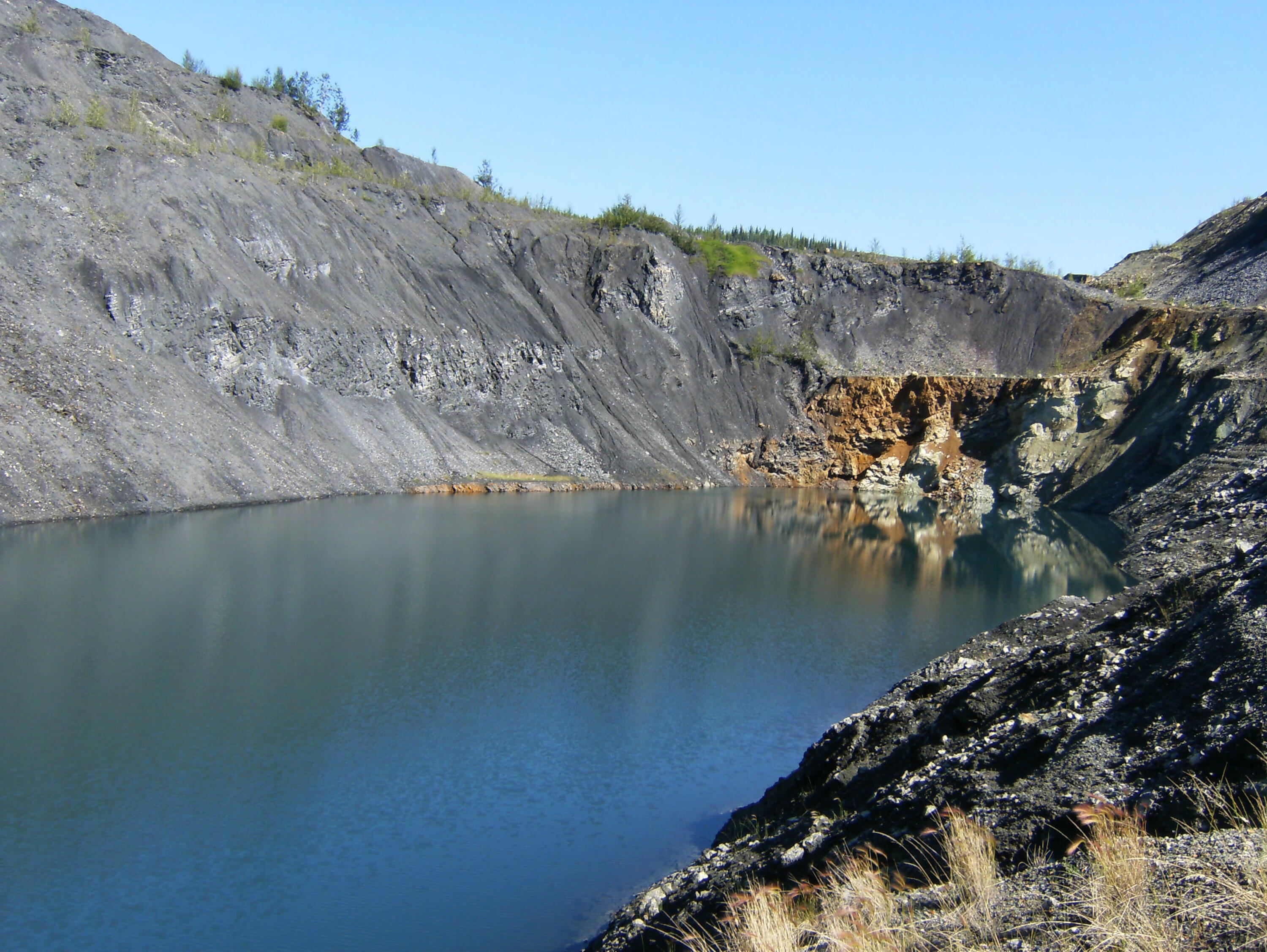
The $100,000 infrastructure grant will help examine how microbial processes impact water chemistry in natural and industrial environments and study microbial processes that help reduce metal contamination of surface and groundwater near historic and active mine sites.
Microbial mats and biofilms are hydrated microbial structures that can facilitate mineral precipitation and dissolution reactions, bind metals, and alter water chemistry. These properties make it possible to think of microbial mats as naturally occurring bioreactors.
The results will be applied to solving challenges faced by the Canadian mining industry. The findings will be used to develop 1) microbial methods of sequestering carbon in carbonate minerals in mine waste materials, and 2) improving recovery of valuable metals from low-grade sources and mine waste materials through biosorption and precipitation in mineral phases, mitigating the impacts of metal contamination on the environment.
The expected outcomes will have timely, measurable impacts on the Canadian mining industry by helping the sector reduce net carbon emissions while also recovering the metal resources needed to meet current and future global demands.
The Canada Foundation for Innovation through the John R. Evans Leaders Fund will support 332 new research projects at 50 institutions across Canada. The funding aims to help universities attract and retain top research talent from around the world and provide the highly specialized infrastructure they need to excel as leaders in their field.
Read the complete recipient list and more details on the CFI’s John R. Evans Leaders Fund here.

Photo: Clinton Creek Chrysotile Mine, Yukon by Jenine McCutcheon